Description
Discover the Adorable Wallaby: A Unique Exotic Pet Option
The wallaby, a smaller cousin of the kangaroo, is a charming and unique exotic pet that has captured the hearts of animal enthusiasts worldwide. Known for their playful nature, gentle demeanor, and distinctive hopping gait, wallabies are a delightful addition to the right home. However, adopting a wallaby requires a deep understanding of their needs, a commitment to their care, and compliance with legal regulations. If you’re considering bringing a wallaby into your life, let’s explore what makes these marsupials so special and what it takes to care for them.
Introduction to Wallabies
Wallabies are marsupials native to Australia and nearby islands. They belong to the same family as kangaroos (Macropodidae) but are generally smaller in size. Wallabies are herbivores, feeding on grasses, leaves, and other vegetation. They are social animals, often found in groups called “mobs” in the wild, and are known for their curious and friendly nature.
Physical Characteristics
Wallabies are easily recognizable by their unique features:
- Size: They typically weigh between 15 to 50 pounds, depending on the species.
- Fur: Their soft, dense fur comes in various colors, including gray, brown, and red.
- Tail: Their long, muscular tail helps them balance while hopping and can also be used as a support when sitting.
- Legs: Powerful hind legs enable them to hop at high speeds and cover great distances.
Behavior and Temperament
Wallabies are generally gentle, social, and curious animals. They enjoy the company of their own kind and can form strong bonds with their human caregivers. Wallabies are most active during the early morning and late afternoon, spending their days grazing and exploring. While they are generally docile, they can be shy and may take time to warm up to new environments and people.
Care Requirements for Wallabies
1. Housing
Wallabies need a spacious, secure enclosure that mimics their natural habitat. A large outdoor space with plenty of grass, shrubs, and hiding spots is ideal. The enclosure must be escape-proof and provide protection from extreme weather conditions. Indoor housing should also be considered for colder climates.
2. Diet
As herbivores, wallabies require a diet rich in fiber. A balanced diet includes fresh grasses, hay, leafy greens, and specialized wallaby pellets. Fresh water should always be available.
3. Exercise and Enrichment
Wallabies are active animals that need plenty of space to hop and explore. Providing climbing structures, toys, and opportunities to forage will help keep them engaged and healthy.
4. Social Needs
Wallabies are social animals and thrive in the company of their own kind. If you plan to keep a single wallaby, be prepared to spend a lot of time interacting with them to prevent loneliness.
Legal Considerations
Owning a wallaby is subject to strict regulations that vary by location. Many countries and states require permits, veterinary checks, and proof of adequate housing. Failure to comply with these laws can result in fines, confiscation of the animal, or legal action. Always research local laws before considering wallaby adoption.
Why Adopt a Wallaby?
Adopting a wallaby is a unique opportunity to connect with one of nature’s most charming and gentle creatures. Their playful nature, social behavior, and distinctive appearance make them a truly extraordinary companion. However, wallaby ownership is not for everyone. It requires a significant commitment of time, resources, and expertise to ensure their well-being.
Interesting Facts About Wallabies
- Wallabies can hop at speeds of up to 30 miles per hour.
- They have a unique digestive system that allows them to extract maximum nutrients from their fibrous diet.
- Wallabies are excellent swimmers and often take to water to escape predators.
- Baby wallabies, called joeys, are born underdeveloped and continue to grow in their mother’s pouch.
Conclusion
The wallaby is a delightful and fascinating animal that demands respect, understanding, and dedication from its owners. If you are prepared to provide the specialized care and environment that a wallaby needs, you could be rewarded with a lifelong bond with one of nature’s most charming creatures. Before proceeding, ensure that you fully understand the responsibilities and legal requirements associated with wallaby ownership.
At ExoticPetsCare.com, we are committed to helping you find the perfect exotic companion. Contact us today to learn more about adopting a wallaby and to explore other exotic pet options available to you.

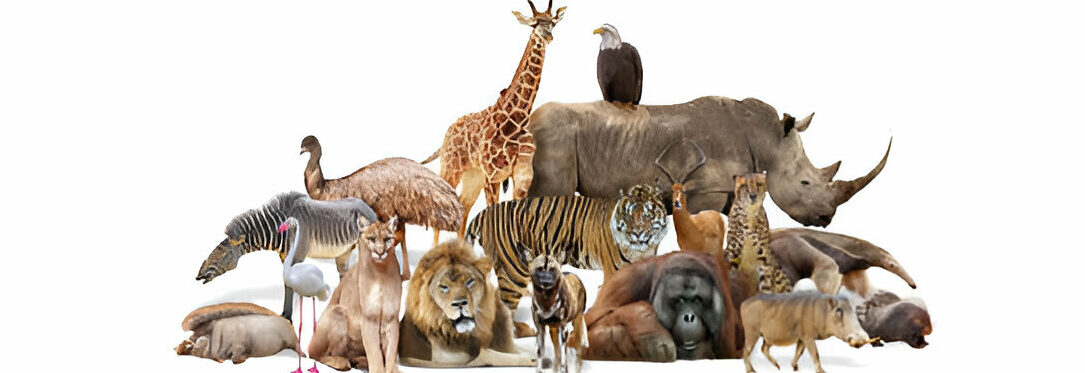
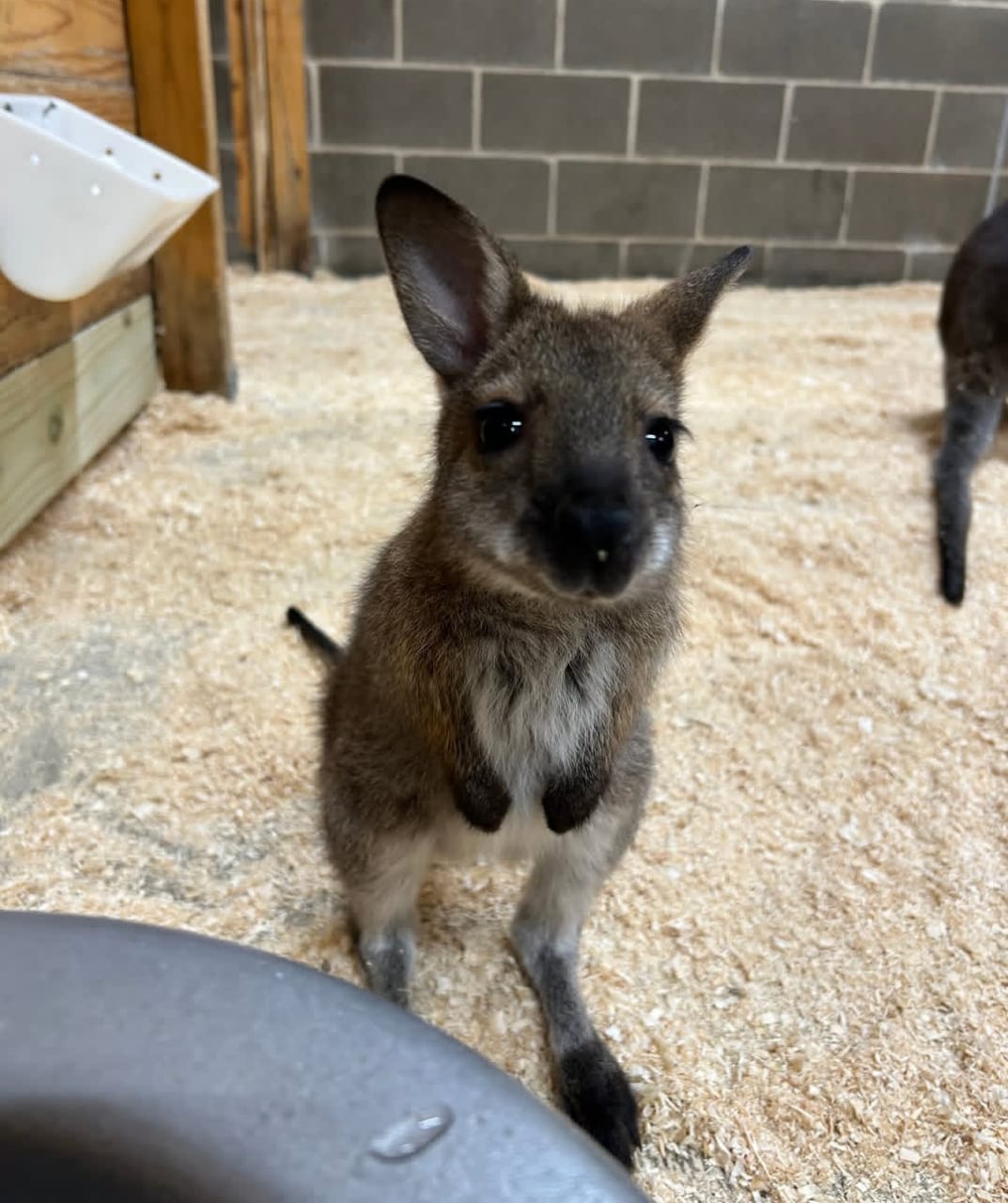
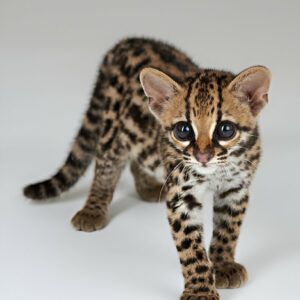
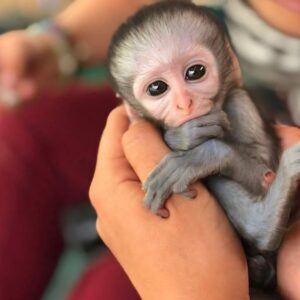
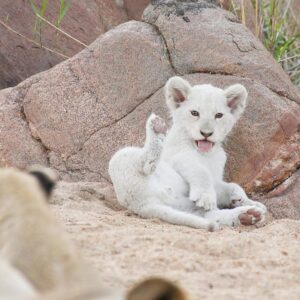
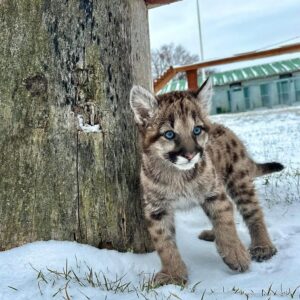
Reviews
There are no reviews yet.